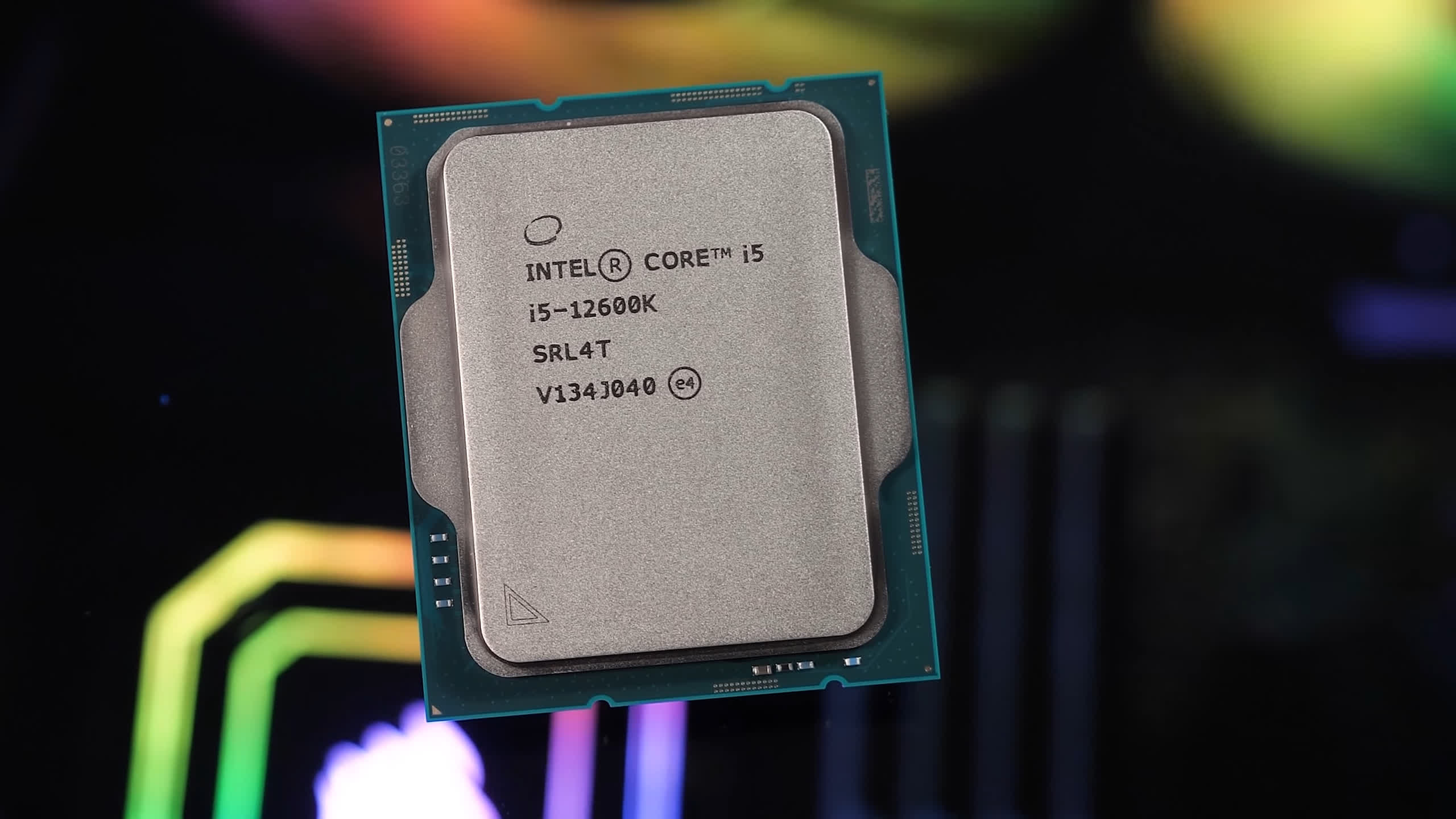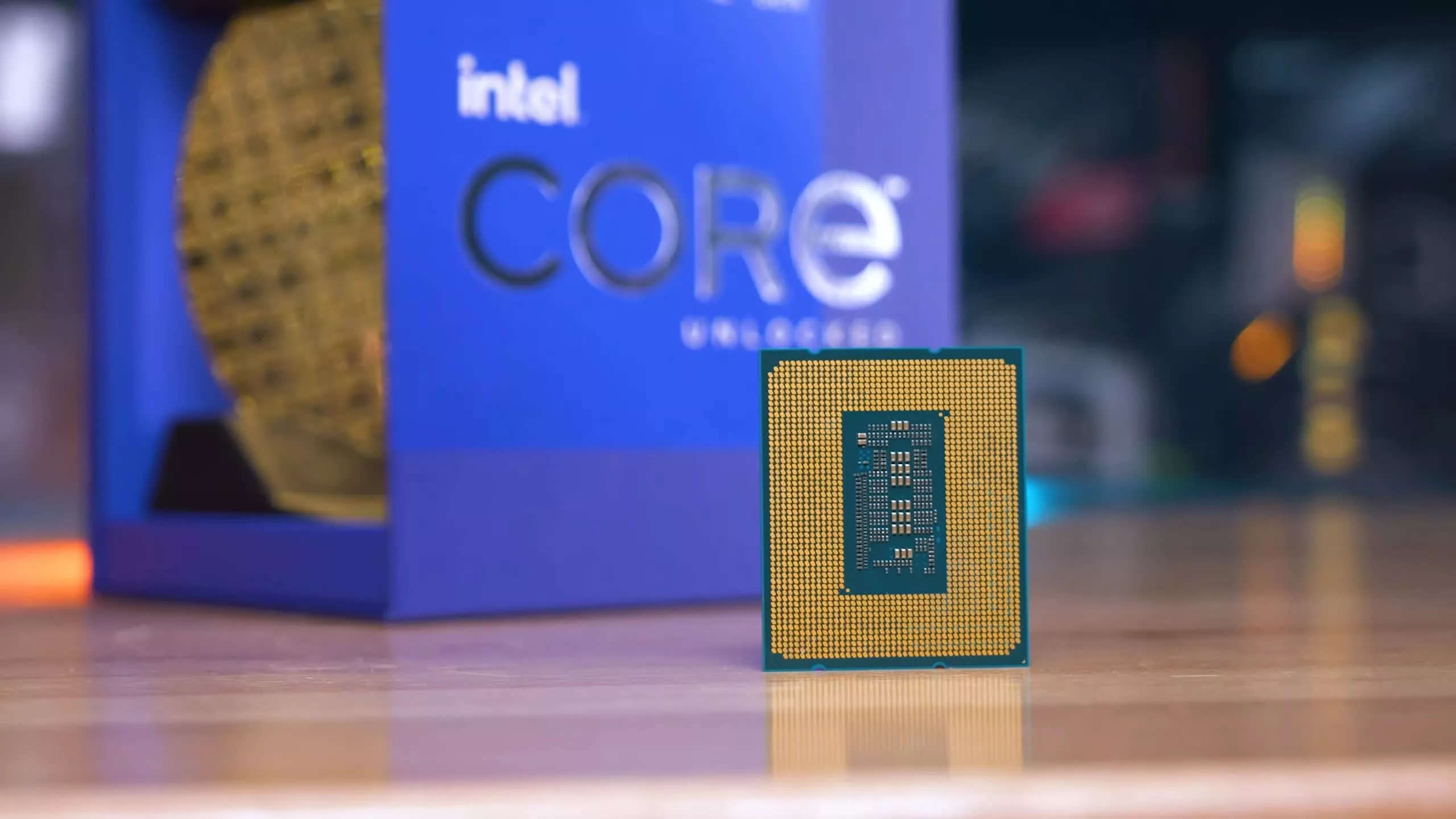Looking back at an old review on Techspot, the minimum framerates at 1080p appear quite similar between Golden Cove CPUs like the 12700K and Zen 3 CPUs like the 5800X:

From this 12600K review:

 www.techspot.com
www.techspot.com
My dad is curious about the likely differences in 'real world' performance between Zen 4 and Intel's 12th/13th generations, because he wants to build a new PC (upgrading from 1st gen i7!).
Looking at the above chart, my impression is that since Zen 4 has an 8% increase in IPC, it could end up about equal, or being slighty ahead of the Golden Cove architecture in games (min. framerate). If the IPC translates directly into increased min FPS, that would be a min. FPS of around 158 (10 game average, based on 5800X result).

From this 12600K review:

Intel Core i5-12600K Review: 5600X Defeated
The Core i5-12600K is Intel's latest mainstream CPU and a direct competitor to AMD's popular Ryzen 5 5600X. The Alder Lake chip packs 6 P-cores and 4...
 www.techspot.com
www.techspot.com
My dad is curious about the likely differences in 'real world' performance between Zen 4 and Intel's 12th/13th generations, because he wants to build a new PC (upgrading from 1st gen i7!).
Looking at the above chart, my impression is that since Zen 4 has an 8% increase in IPC, it could end up about equal, or being slighty ahead of the Golden Cove architecture in games (min. framerate). If the IPC translates directly into increased min FPS, that would be a min. FPS of around 158 (10 game average, based on 5800X result).
Last edited:


